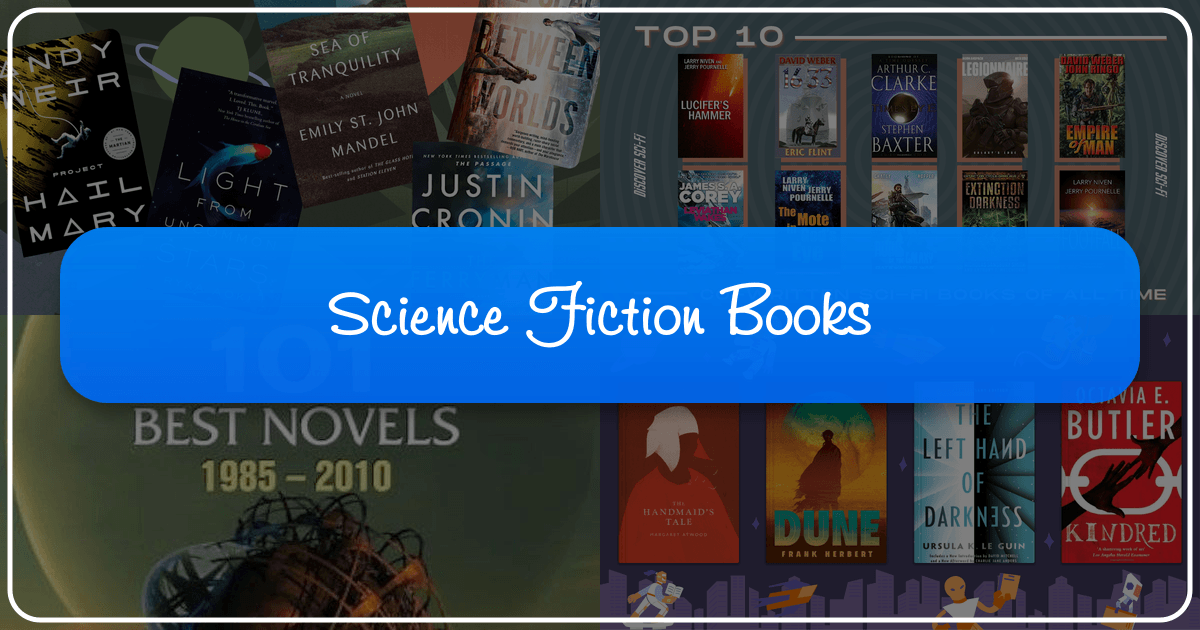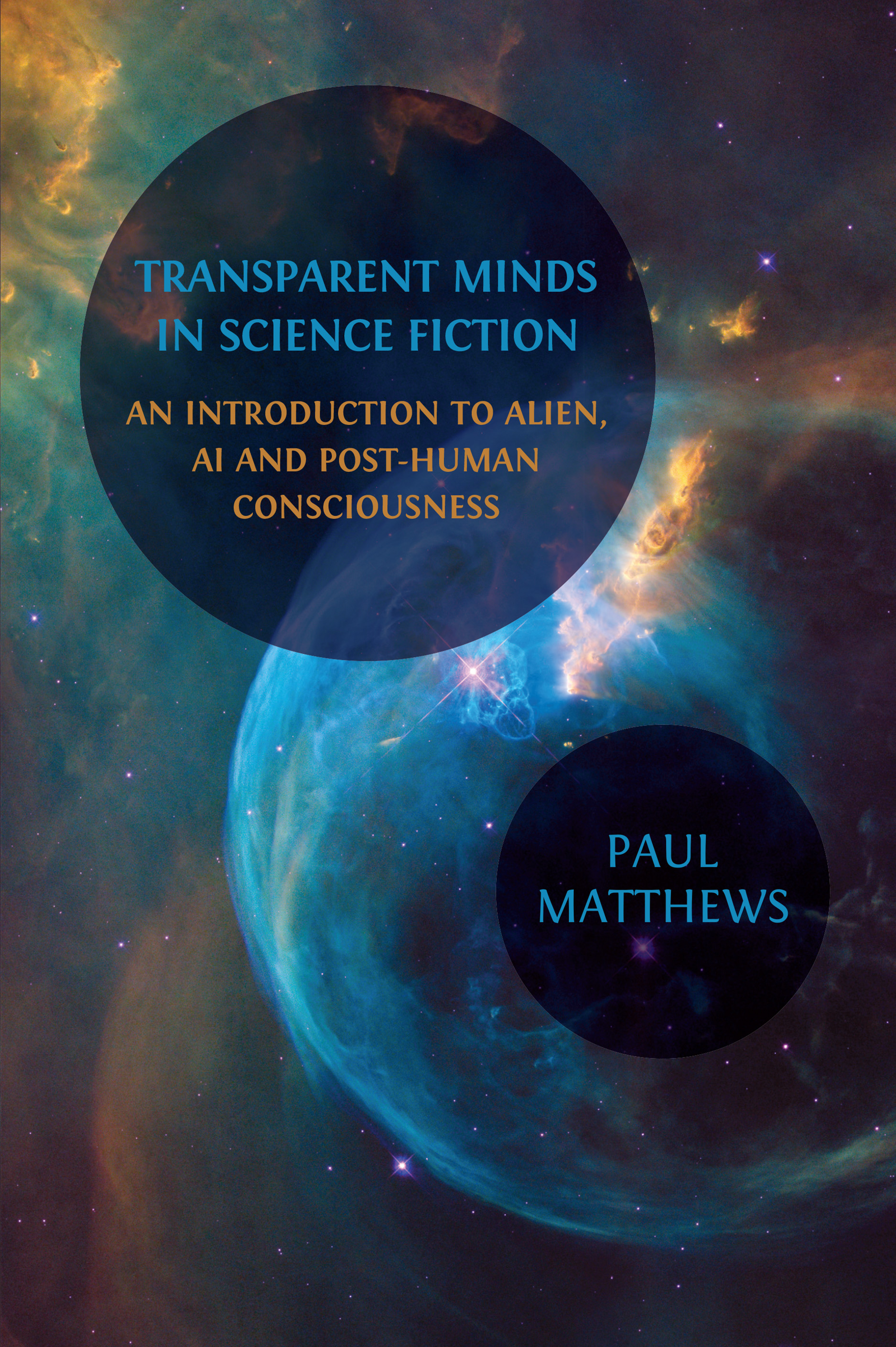Science Fiction Books: A Comprehensive Exploration

Science fiction, a genre brimming with imagination and innovation, consistently captivates readers with its exploration of hypothetical futures, advanced technologies, and the complexities of human nature within extraordinary contexts. From the foundational works of Mary Shelley to the modern bestsellers gracing Goodreads lists, science fiction’s enduring appeal stems from its capacity to reflect our present anxieties and aspirations through the lens of the fantastical. This exploration delves into the multifaceted world of science fiction books, covering genres, notable authors, educational value, library resources, and the genre’s broader cultural impact.
Genres and Subgenres: A Universe of Possibilities
Science fiction encompasses a vast array of subgenres, each offering a unique lens through which to explore the potential of humanity and technology. While the lines between these categories can sometimes blur, the distinctions provide a valuable framework for understanding the diverse landscape of science fiction literature.

Hard Science Fiction vs. Soft Science Fiction
One key distinction lies between “hard” and “soft” science fiction. Hard science fiction prioritizes scientific accuracy and plausibility, often delving into the intricate details of technological advancements and their implications. Authors meticulously research and incorporate real-world scientific concepts, ensuring a degree of realism that adds depth and credibility to their narratives. Examples of hard science fiction include Andy Weir’s Project Hail Mary, which explores the complexities of interstellar travel and astrobiology, and Arthur C. Clarke’s Rendezvous with Rama, a classic example of detailed world-building based on scientific principles.

In contrast, soft science fiction places less emphasis on hard science, focusing instead on social, psychological, and philosophical themes. While technology may be present, its mechanics are often less crucial to the narrative than the exploration of human relationships, societal structures, or ethical dilemmas within speculative settings. Ursula K. Le Guin’s The Left Hand of Darkness exemplifies soft science fiction, utilizing an alien world to explore gender and societal norms, while Philip K. Dick’s Do Androids Dream of Electric Sheep? delves into existential questions of humanity and artificial intelligence.

Other Notable Science Fiction Subgenres
Beyond the hard/soft dichotomy, science fiction encompasses many other thrilling subgenres. Action/adventure science fiction blends thrilling plots with space exploration, alien encounters, and intergalactic conflicts. Examples include Jules Verne’s 20,000 Leagues Under the Sea and Edgar Rice Burroughs’s A Princess of Mars. Dystopian science fiction presents cautionary tales of oppressive societies and totalitarian regimes, with prominent examples including Margaret Atwood’s The Handmaid’s Tale and Ray Bradbury’s Fahrenheit 451. Cyberpunk explores themes of technology’s impact on society, featuring advanced technology, dystopian settings, and often anti-establishment themes. This subgenre’s popularity stems from its potent mix of social commentary and visionary technological speculation.
Other prominent subgenres include:
- Space Opera: Grand-scale narratives featuring interstellar empires, galactic conflicts, and heroic adventures, often drawing on the tropes of classic heroic epics and romantic adventures (e.g., Star Wars).
- Time Travel: Stories centered around journeys through time, exploring paradoxes, historical implications, and alternate timelines (e.g., H.G. Wells’s The Time Machine).
- Post-Apocalyptic: Narratives set in the aftermath of a cataclysmic event, exploring survival, societal collapse, and the resilience of the human spirit (e.g., Mad Max).
- Alien Invasion: Stories focusing on the arrival of extraterrestrial life, and the consequences of this encounter for humanity (e.g., H.G. Wells’s War of the Worlds).
- Biopunk: A subgenre of science fiction that deals with the ethical and social ramifications of biotechnology, genetic engineering, and other related fields.
- Steampunk: A subgenre characterized by its use of steam-powered machinery, futuristic technology integrated with Victorian-era aesthetics, and often a blend of fantasy and science fiction.
Celebrated Authors: Shaping the Science Fiction Landscape
Science fiction’s rich history is indebted to a plethora of visionary authors who have pushed the boundaries of the genre and expanded its thematic scope. Their unique writing styles and profound insights into the human condition continue to inspire generations of readers and writers.
Foundational Figures: Verne, Wells, and Shelley
Jules Verne and H.G. Wells are widely considered pioneers of science fiction, laying the groundwork for many of its conventions. Verne’s meticulous attention to detail and his ability to create plausible technological inventions fueled many of science fiction’s early explorations of scientific possibilities. Wells, on the other hand, masterfully combined scientific speculation with social commentary and allegorical narratives, prefiguring some of the genre’s more critical aspects.
Mary Shelley’s Frankenstein, though often categorized as gothic horror, is considered a foundational work of science fiction due to its exploration of the ethical ramifications of scientific advancement and the creation of artificial life.
Modern Masters: Asimov, Le Guin, and Dick
Isaac Asimov’s impact on science fiction is undeniable, particularly through his exploration of robotics and artificial intelligence in I, Robot. His formulation of the Three Laws of Robotics provides a framework for countless discussions on the ethical considerations of advanced technologies. Ursula K. Le Guin, a master of world-building and philosophical depth, crafted profound and thought-provoking narratives that explored gender, society, and cultural differences. Philip K. Dick’s work delved into the complexities of reality, identity, and the blurred lines between humans and machines, offering dark and thought-provoking explorations of the human condition.
Contemporary Voices: Diverse Narratives and Perspectives
Contemporary science fiction is marked by a remarkable diversity of voices and perspectives. Authors such as N.K. Jemisin, Becky Chambers, Ted Chiang, and many others continue to expand the genre’s thematic scope, exploring themes of race, gender, climate change, social justice, and more. This diversity enriches science fiction, offering a broader range of experiences and challenging traditional narrative structures.
Educational Value and Life Lessons: Exploring Deeper Meanings
Science fiction offers more than just escapism; it provides a potent tool for learning and reflection. The genre’s explorations of hypothetical futures can provide valuable insights into our current society, prompting critical thinking about societal structures, technological advancements, and their ethical consequences.
Critical Thinking and Problem-Solving
Science fiction narratives often present readers with complex ethical dilemmas and futuristic challenges, encouraging them to engage in critical thinking and explore potential solutions. This can enhance problem-solving skills and foster a deeper understanding of the potential consequences of our actions.
Social Commentary and Cultural Awareness
Many science fiction works serve as potent vehicles for social commentary, exploring societal issues and biases through the lens of the fantastical. By examining hypothetical scenarios, these works expose underlying power dynamics, societal inequalities, and the impact of prejudice.
Inspiring Innovation and Creativity
Science fiction’s ability to envision futuristic possibilities has spurred countless innovations and creative pursuits in science and technology. The genre’s visionary narratives have inspired inventors, engineers, and scientists to pursue ambitious goals and push the boundaries of human knowledge.
Libraries and Archives: Preserving the Legacy of Science Fiction
Libraries and archives play a vital role in preserving and making accessible the vast body of science fiction literature. Public libraries offer a wealth of resources for readers of all ages, providing access to both classic and contemporary works. Digital libraries expand this access further, connecting readers worldwide to a diverse selection of materials.
Cultural Impact and Communities: A Shared Love of Science Fiction
Science fiction transcends the boundaries of literature, deeply influencing film, television, video games, and other media. The genre’s lasting impact is evidenced by countless adaptations, awards, and vibrant fan communities.
Adaptations and Popular Culture
Science fiction has greatly influenced popular culture, with countless films, television shows, and video games drawing inspiration from the genre’s narratives and characters. These adaptations broaden the reach of science fiction, engaging a wider audience and bringing the genre’s themes to a global stage.
Awards and Recognition
Numerous awards celebrate the excellence of science fiction literature, recognizing outstanding achievements in storytelling, world-building, and thematic exploration. These accolades highlight the genre’s artistic merit and its contribution to the broader literary landscape.
Online Communities and Fan Culture
The enduring popularity of science fiction is evidenced by the large and vibrant online communities and fan cultures that have grown around the genre. These communities foster a sense of shared passion, promoting discussion, criticism, and creative exploration. These online forums and fan-created content significantly contribute to science fiction’s ongoing cultural relevance and impact.
In conclusion, science fiction books offer a unique and powerful means of exploring the human condition, contemplating the future, and inspiring innovation. The genre’s versatility, its capacity for social commentary, and its vibrant community ensure its continued relevance and enduring appeal. The exploration of science fiction’s various aspects — from its subgenres and celebrated authors to its educational value and cultural impact — reveals its depth and importance within the broader landscape of literature and popular culture.